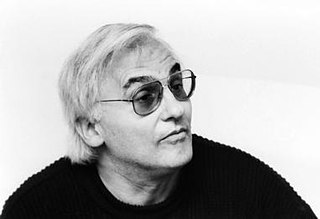Top 8 Quotes & Sayings by Paul Bley
Explore popular quotes and sayings by a musician Paul Bley.
Last updated on April 17, 2025.
The Beatles came and everybody forgot about everything else. That was a friendly, together, hip interpersonal music, introducing electric sustain, and it captured the imagination of everybody. So improvising, even though it was in a very rich period in terms of impact on the public, the '6Os were very hard times on players financially.
Ornette Coleman wasn't sure whether he was going to continue with Charlie Haden-Charlie had some personal problems. I said "You've got to be kidding! There's no one on the globe who will be able to accompany you" and no one ever did. [Scott LaFaro] was playing atonally and certainly Ornette was not an atonal player. Jimmy Garrison was a tonal player. He wasn't even polytonal or atonal.




















